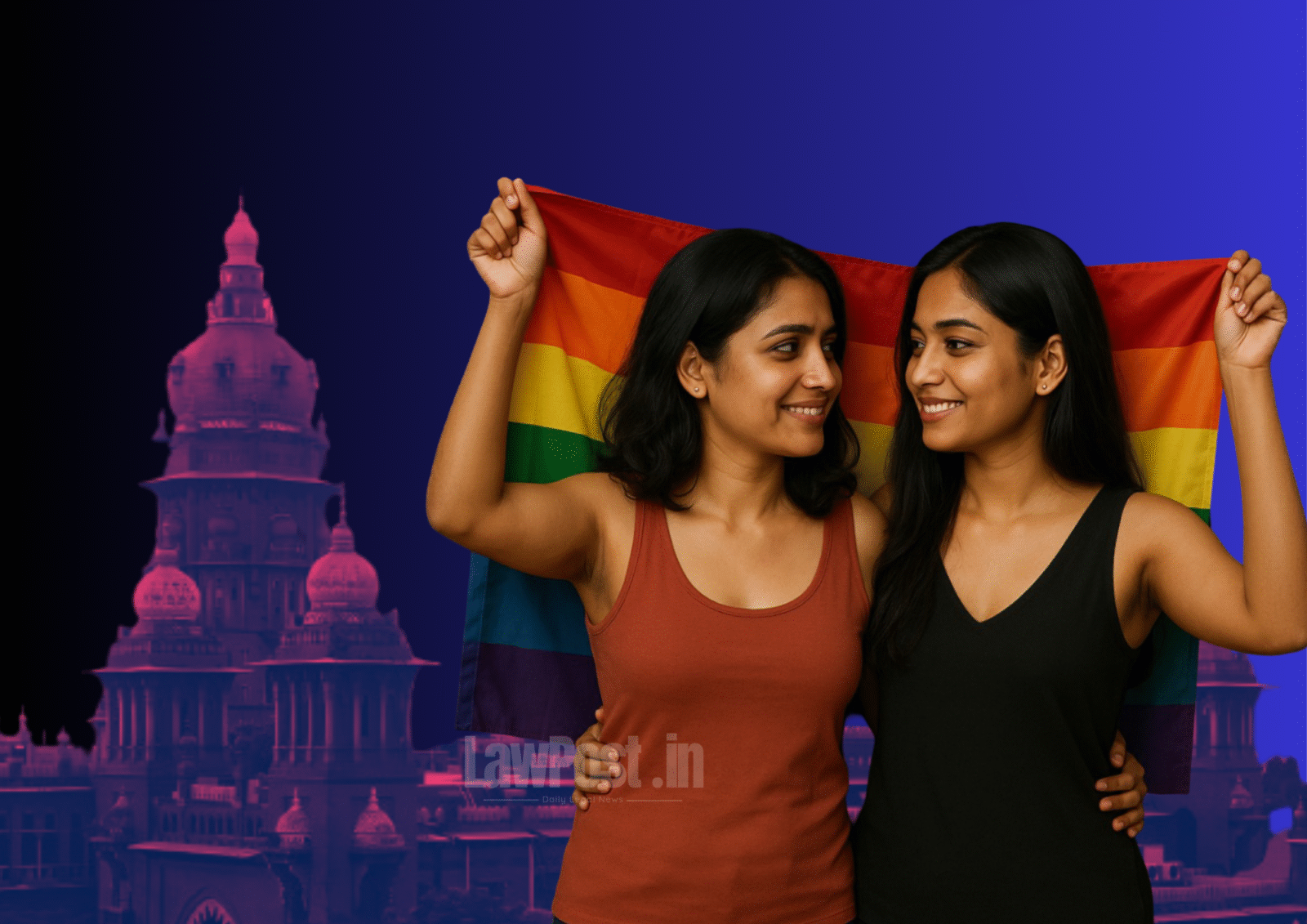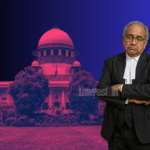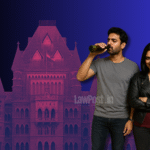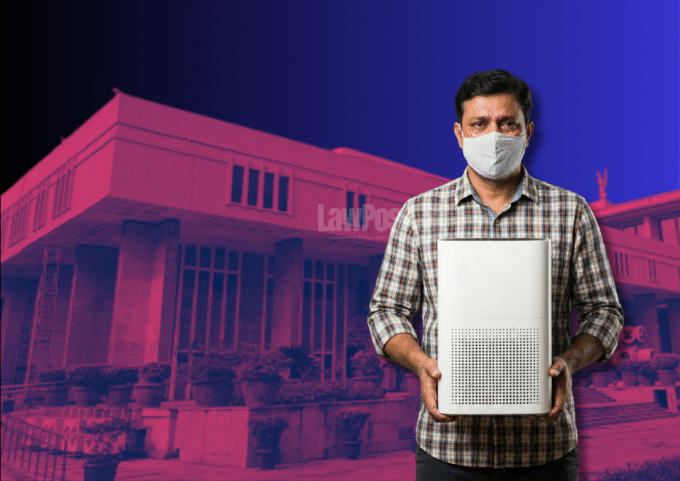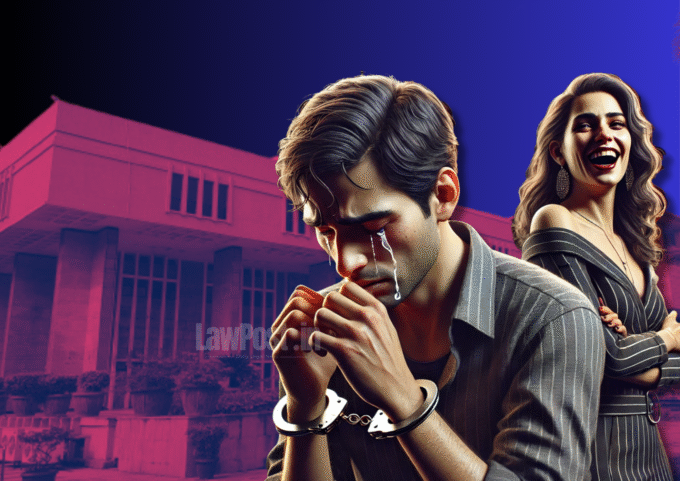In a landmark and progressive ruling, the Madras High Court has reinforced that LGBTQIA+ individuals in India have the constitutional right to form families of their choice, even in the absence of legal recognition of same-sex marriage. The Court strongly denounced police inaction and familial coercion, asserting the fundamental right to personal liberty under Article 21 of the Constitution.
The Division Bench of Justices GR Swaminathan and V Lakshminarayanan was hearing a habeas corpus plea filed by a woman in a lesbian relationship, seeking the release of her partner, who had been allegedly detained and subjected to coercive “corrective rituals” by her family. The local police had reportedly refused to intervene and instead compelled the woman to return to her natal home.
Drawing from the Supreme Court’s decision in Supriyo @ Supriya Chakraborty v. Union of India, the High Court clarified that legal marriage is not a prerequisite for forming a family. In a pivotal observation, the Bench stated:
“While Supriyo @ Supriya Chakraborty Vs Union of India (2023 INSC 920) may not have legalised marriage between same sex couples, they can very well form a family. Marriage is not the sole mode to found a family. The concept of ‘chosen family’ is now well settled and acknowledged in LGBTQIA+ jurisprudence.”
The Court found the allegations made by the detenue’s mother—who accused the petitioner of misleading her daughter and claimed she was a drug addict—to be baseless. After directly interacting with the detenue, the Bench concluded that she was held against her will and had been physically assaulted by her family.
“It would be unfair to accuse her of any kind of addiction … She made it clear that she wants to go with the petitioner.”
The judges lamented the conservative mindset still prevalent in Indian society, contrasting the detainee’s family with that of late Justice Leila Seth, who had famously embraced her gay son, author Vikram Seth. The Bench observed:
“Not every parent is like Justice Leila Seth … She could acknowledge and accept her son’s sexual orientation … The mother of the detenue is no Leila Seth.”
In a strong reaffirmation of constitutional rights, the Court emphasized:
“Sexual orientation is an integral part of personal autonomy and self-expression and falls within the realm of personal liberty guaranteed under Article 21 of the Constitution of India.”
The judgment also voiced concern over the usage of the term “queer” in legal and social discourse:
“We feel a certain discomfort in employing the expression ‘queer.’ … To a homosexual individual, his/ her/ their sexual orientation must be perfectly natural and normal. There is nothing strange or odd about such inclinations. Why then should they be called as queer?”
Concluding the case, the Court ordered the immediate release of the detenue, directed the police to provide protection, and issued a writ of continuing mandamus to prevent further harassment from her family.
“We censure the rank inaction on the part of the Police and the insensitivity shown by them … We restrain the detenue’s natal family members from interfering with her personal liberty.”
This decision stands as a significant affirmation of LGBTQIA+ rights in India and sets a precedent for recognizing the legitimacy of chosen families in the face of legal and societal resistance.
Case: MA vs Superintendent of Police, Vellore and ors – Available on LAWFYI.IO


